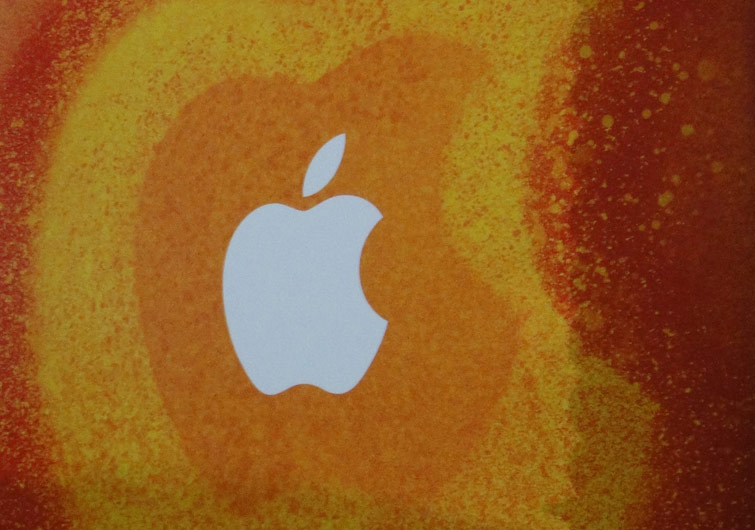
Apple contacted me this afternoon to challenge those numbers.
[aditude-amp id="flyingcarpet" targeting='{"env":"staging","page_type":"article","post_id":582229,"post_type":"story","post_chan":"none","tags":null,"ai":false,"category":"none","all_categories":"business,mobile,","session":"D"}']UPDATE: App Annie clarifies its numbers
The reminder an Apple rep gave me is that, in its Q1 results early this year, Apple announced that it has paid out $4 billion to app store developers since the app store launched in mid 2008, and that at its October 23 iPad-mini-and-everything-else unveiling, Apple reported $6.5 billion paid to developers.
AI Weekly
The must-read newsletter for AI and Big Data industry written by Khari Johnson, Kyle Wiggers, and Seth Colaner.
Included with VentureBeat Insider and VentureBeat VIP memberships.
Which means that from mid 2008 through the end of 2011, Apple sold at least $5.7 billion worth of apps. And that from January 24 to October 24 of this year, Apple sold $3.6 billion worth of apps.
I don’t know about you, but that doesn’t sounds like 12.9 percent growth to me. Or .7 percent contraction in the last month. In fact, $3.6 billion in sales one year compared to $5.7 billion over three-and-a-half years seems like 63 percent growth.
Getting to year-over-year growth rather than cumulative growth requires some math … and assumptions.
Since in October 2010 Apple had announced $3 billion in payouts, it must at that point have sold $4.3 billion in apps. And since the company ended 2011 with $5.7 billion in sales, 2011 must have seen at about $1.4 billion in sales, but likely a little less (November and December 2010 are also in that figure, but so is January 2011).
In any case, contrast that $1.4 billion in 2011 with the $3.6 billion in just eight months of 2012 in which Apple sold $3.6 billion of apps, and you’ve easily got doubling — probably well over 200% growth.
My math may be off, and I don’t have perfect numbers for exact years, so take all of those numbers with a big fat grain of salt. But a couple of things are clear: Apple’s app store revenue growth in 2012 is most definitely not 12.9 percent.
[aditude-amp id="medium1" targeting='{"env":"staging","page_type":"article","post_id":582229,"post_type":"story","post_chan":"none","tags":null,"ai":false,"category":"none","all_categories":"business,mobile,","session":"D"}']
The worst part of this story?
I personally reported on those App Annie numbers this morning — uncritically — and I should have known better. The clues are in the data that Apple has already provided. It doesn’t make me feel any better, but The Next Web did the same thing, as did Mashable, and PCWorld, among others.
I’ve asked App Annie for an explanation and have not received one yet, despite some back-and-forthing with PR reps. App Annie’s CEO, Bertrand Schmitt, is in Beijing, which isn’t helping. What I’ve gotten so far is that there may be a difference in how the two companies are defining revenue.
That, I would suggest, is an understatement.
[aditude-amp id="medium2" targeting='{"env":"staging","page_type":"article","post_id":582229,"post_type":"story","post_chan":"none","tags":null,"ai":false,"category":"none","all_categories":"business,mobile,","session":"D"}']
I will update this post as more details become available.
Image credit: John Koetsier
VentureBeat's mission is to be a digital town square for technical decision-makers to gain knowledge about transformative enterprise technology and transact. Learn More